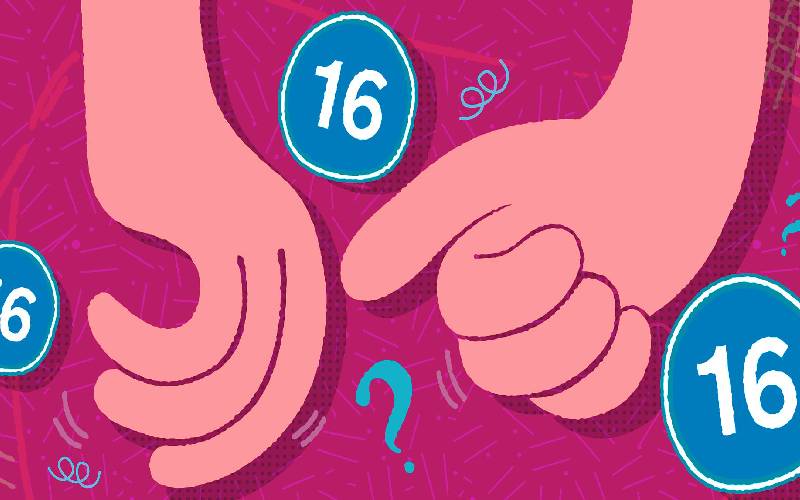×
The Standard e-Paper
Join Thousands Daily

The Court of Appeal has opened a critical discourse in regards to the age of consent as far as it applies to the sentencing of minors involved in consensual sexual intercourse. In a landmark ruling that saw a sentence given at the High Court reviewed downwards, the learned judges noted that ‘the country should discuss challenges of maturing children, morality, autonomy, protection of children and the need for proportionality in punishing sex pests.’